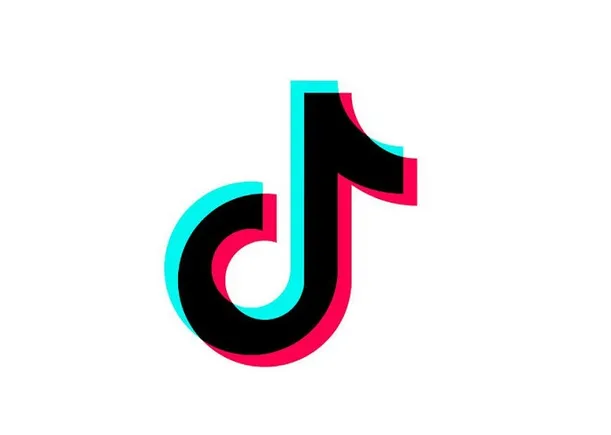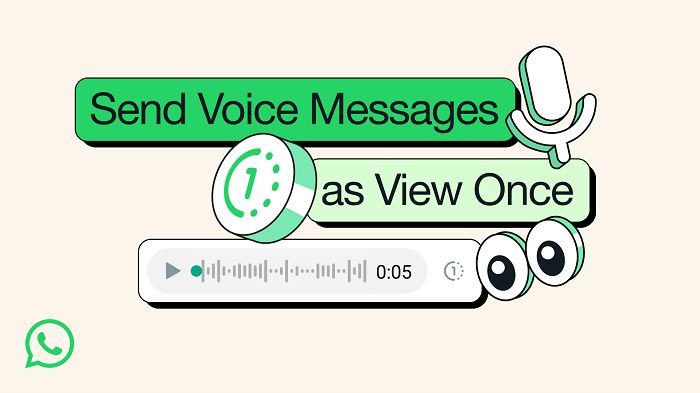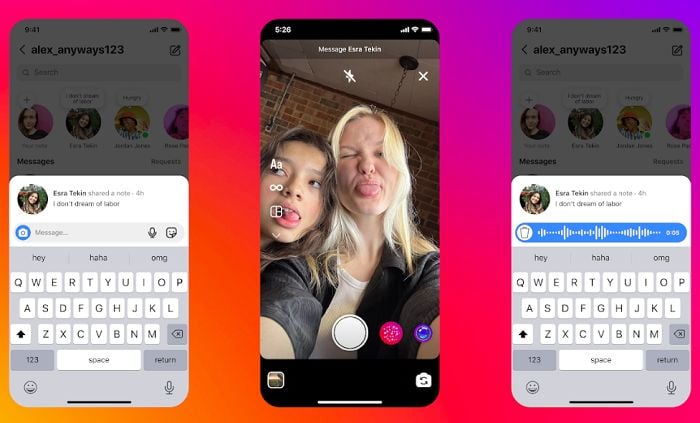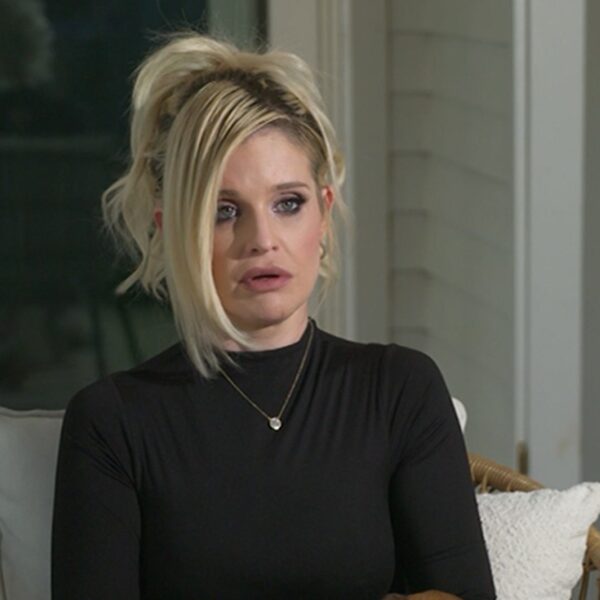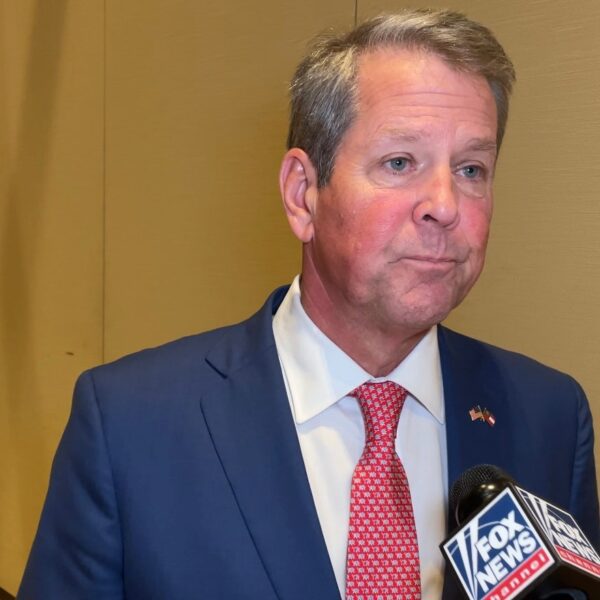If you’re trying to get a handle on the scope of the challenge in accurately identifying user ages across social platforms, which the Australian government is now seeking to put into law, this stat from TikTok will help:
“Every month, we remove around 6 million accounts globally because we believe that our minimum age requirement has not been met.”
This is based on TikTok’s latest machine-learning-based identifiers and detection processes, which are likely only catching out a portion of the youngsters seeking to flout the platform’s rules on age requirements.
The statement is part of TikTok’s latest update on European user safety, and specifically, the measures that TikTok is putting in place to protect youngsters in the EU from harm in the app.
TikTok says that it now has 175 million EU users in total, and within that cohort, there’s a significant number of young teens trying to access the app, along with users who are struggling with mental health.
As such, TikTok is rolling out a range of updates to assist, including:
- Partnering with NGOs across Europe to roll out a new in-app integration that’ll connect people who report potentially harmful or distressing content directly with mental health support and resources
- Restricting the use of certain appearance-altering effects for teens under 18
- Moving to the next stage of its EU data separation project (Project Clover) to ensure EU user data remains in the region
The most interesting update is the change to image-altering effects, which is based on a recent report that looked at how teens engage with social apps.
As per the report:
“When it came to filters and effects, teens and parents were concerned that beauty filters could be especially compelling for girls who were under greater pressure to compare themselves with each other and to live up to idealized beauty standards […] Many teens thought that filter labels should be compulsory rather than optional. There were further suggestions around restricting the use of filters to older teens, removing filters related to subtly changing one’s appearance altogether, and creating greater friction to dissuade users from applying filters.”
Which has led to TikTok now restricting the use of such filters, which could help to reduce harmful comparison within the app.
And that also relates to young teens, who are continuously seeking to access the app.
This has long been a key challenge for TikTok specifically, with past internal reporting from the platform suggesting that a third of the app’s U.S. users may be under the age of 14.
To be clear, the minimum age for a TikTok account is 13, though as noted, the Australian government is now looking to implement a new law that would restrict users under 16 from having social media accounts. Various other regions are also considering similar concepts.
And clearly, based on TikTok’s stats, a lot of young users are seeking to access the app, which could now be enforceable, with monetary penalties, in Australia at least.
Six million accounts per month, on one platform, is a huge amount, and it’s difficult to see how Australian authorities might seek to detect and enforce such moving forward.
But TikTok, like all platforms, is taking steps to improve its detection on this front.
Will that be enough to meet these new requirements? We’ll have to wait and see.

